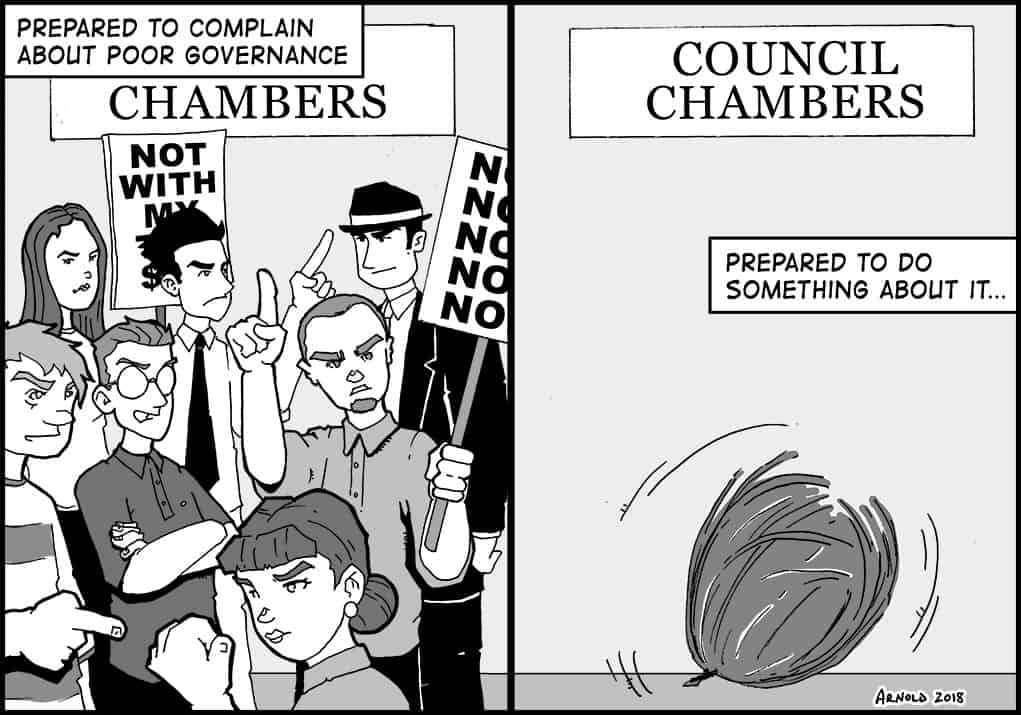;
;
;
Next Article
The View From Here

As wholesome as mother’s milk. What could be better? Money, of course. Corporate profits trump babies’ health, each and every time, at least if you’re the U.S. administration. A new report shows American delegates to last spring’s World Health Assembly meeting in Geneva tried to block a resolution i
Last updated on May 03, 23
Posted on Jul 12, 18
4 min read
